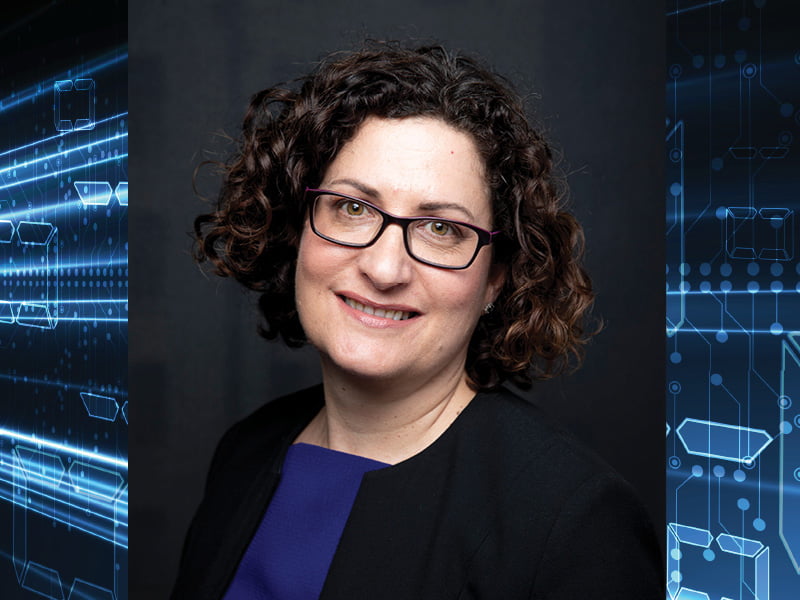As chief executive of the Cyber Security Cooperative Research Centre, Canberra-based Rachael Falk has been one of the most clear-eyed and articulate advocates for building cyber capability across the Australian economy.
Ms Falk arrived in the cybersecurity sector via an early career in the law and then telecommunications. She spent 15 years at Telstra in roles that included National Security Advisor and general manager of cyber influence.
The Cyber Security CRC is somewhat of a newcomer to the federal government’s Cooperative Research Centre program, with Ms Falk joining as founding CEO three years ago.
The cybersecurity “landscape” has changed quite radically during those three years. Certainly issues of sovereign capability and supply chains have taken on new meaning since COVID-19, as well as cloud services and data sovereignty, the government’s treatment of encryption services and even definitions and obligations under critical infrastructure protection laws.
In this episode of the Commercial Disco podcast, Rachael Falk talks about the challenges of building domestic cyber capability and the role of the CRC in creating the top-end skills that can underpin a healthy and growing Australian cyber industry.
The CRCs bring together like-minded partners from industry, academia and government to work together to solve problems and in doing so to create research translation and commercialisation outcomes.
As a horizontal industry that touches on literally all parts of the modern economy, the global market for cyber products and services is clearly massive with a growth rate that outstrips others.
The CRC is geared toward commercialisation, and has processes in place to ensure that the “commercialisable” parts of a project are identified early, and that the various parties involved in the project can recognise and agree on the pathways to commercialisation.
Building Australian cyber products and services based on research partnerships is key to lifting national capability, Ms Falk said. It is not enough to simply buy product from overseas. Creating and building solutions to problems through top end research provides an unmatched capability uplift that results in both a more secure Australian economy but creates access to valuable global chains.
While recognising that Australian companies can’t do everything, and that local firms have not been able to build at the scale of multinational suppliers in some areas there is a recognition that local companies have been able to fill niches and participate in global supply chains that are valuable to the economy and to the nations security.
“There has been this recognition that it’s a broad church and that we need all the players [domestic and multinational]. That to me has been one of the biggest shifts of the past three years,” Ms Falk said.

“When you’re designing and making widgets here and you’re investing in people here, you’re [also] building capability here,” she said.
This is a great interview for anyone looking for a 20 minute snapshot of the local cybersecurity sector.
The Cyber Security CRC is funded through to 2024 and it will be up to its member participants and discussions with the government on what the future holds beyond that. There is no suggestion that the organisation will not continue beyond that date.
It is a measure of how serious the sector is taken that the Cyber Security CRC – which is effectively a modest-sized not-for-profit – boasts a board of directors that looks more like an ASX 200 company.
The board includes former ASIO and ASIS director general David Irvine, Business Council of Australia CEO Jennifer Westacott, the Australian Signals Directorate’s ACSC chief Abigail Bradshaw, Nuix founder Eddie Sheehy, Cisco Systems global chief of nation cyber security officers Greg Thomas, Deakin University deputy vice-chancellor Prof Julie Owens, QBE director John Green, and Commonwealth Bank director Anne Templeman-Jones.
The Cyber Security CRC is chaired by former ACT senator Kate Lundy. Ms Falk is also on the board.
Do you know more? Contact James Riley via Email.

